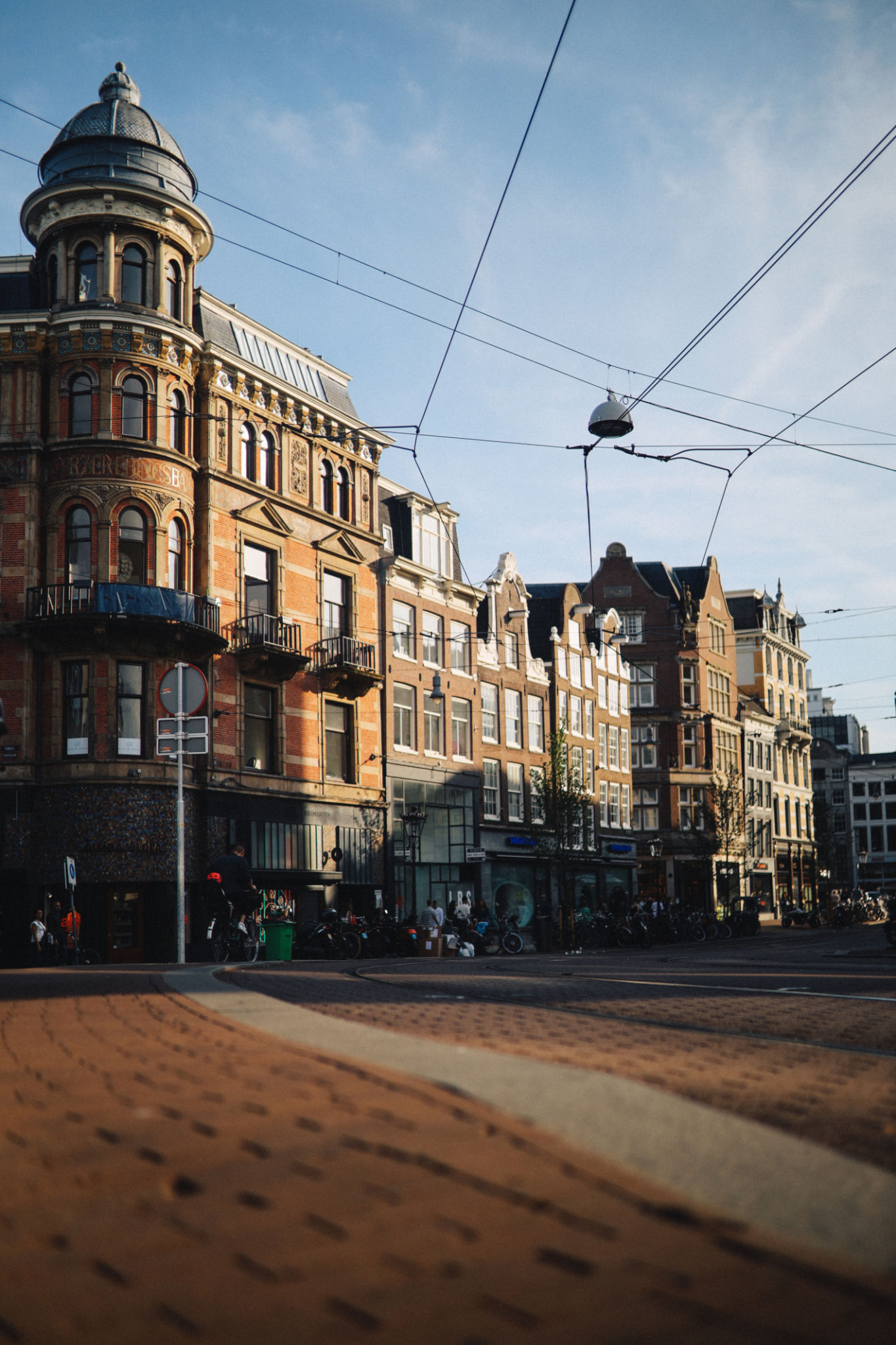Common Misconceptions About Dutch Criminal Law: What You Need to Know
Understanding Dutch Criminal Law
Many people have preconceived notions about criminal law in the Netherlands, often based on stereotypes or misinformation. Understanding the intricacies of Dutch criminal law is crucial for anyone living in or visiting the country. This post aims to dispel common misconceptions and provide a clearer picture of how the legal system operates in this part of Europe.

Misconception: Dutch Law is Lax on Drugs
One of the most widespread misconceptions is that the Netherlands has a completely lenient approach to drugs. While it is true that the country is known for its tolerant stance, especially concerning marijuana, this does not mean that all drugs are legal or that drug-related crimes are ignored. In fact, the Dutch government maintains strict regulations on the sale and use of controlled substances, and trafficking in illegal drugs is heavily penalized.
The Dutch approach focuses on harm reduction and public health, distinguishing between soft and hard drugs. Cannabis is decriminalized in small amounts but remains technically illegal. For harder drugs, the penalties can be severe. The emphasis is on preventing drug abuse and minimizing harm rather than simple criminalization.
Misconception: Prostitution is Unregulated
Another common myth is that prostitution is completely unregulated in the Netherlands. While it is legal and regulated, there are stringent laws governing the industry to protect sex workers and prevent exploitation. Businesses involved must comply with specific regulations concerning health standards and worker safety.

The government issues licenses to brothels, and municipalities have the authority to impose additional regulations. This regulatory framework aims to ensure that the industry operates safely and transparently, safeguarding both workers and customers.
Misconception: The Penal System is Too Lenient
Some believe that the Dutch penal system is overly lenient, offering offenders an easy way out. This perception likely stems from the country's emphasis on rehabilitation over punishment. The Dutch legal system prioritizes reintegration into society, offering various programs for offenders to gain skills and education.
However, this does not mean that serious crimes go unpunished. The Netherlands has its share of high-security prisons for violent offenders, and sentences can be quite severe depending on the nature of the crime. The focus on rehabilitation reflects a broader commitment to reducing recidivism rates and promoting societal harmony.

Misconception: Victims Have No Rights
A final misconception is that victims are overlooked in the Dutch legal system. In reality, there have been significant strides to ensure victims' rights are respected and upheld. Victims can participate in trials and have a voice in court proceedings. They also have access to support services designed to help them through the legal process.
The Dutch system acknowledges the importance of victim impact statements, allowing victims to express how a crime has affected their lives. This inclusion aims to promote justice not only for society but for individuals directly affected by crime.
Conclusion
Understanding Dutch criminal law requires looking beyond common misconceptions. While the Netherlands may have unique approaches to certain issues, such as drug regulation and rehabilitation, these are grounded in principles of harm reduction, public safety, and social reintegration. By dispelling myths and providing accurate information, we can appreciate the complexities and intentions behind the legal structures in place.
